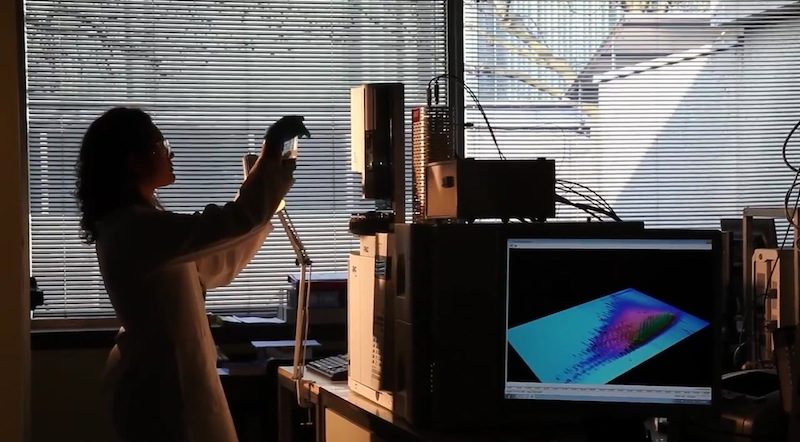
New renewable energy rules should opt for gradual moves on biofuels
While it is sensible to phase out first- generation biofuels, the transition to advanced ones must be gradual
After the 2008 economic crisis, the refining industry was an ailing business. The drop in diesel and petrol demand had thrown the industry into a chronic overcapacity, especially in Europe, leading to the closure of 17 refineries.
In Italy, consumption dropped by more than 20%. Instead of following the trend and shutting our plants, we invested half a billion euros and converted two of our historical refineries into bio-refineries, in a first-of-a-kind operation.
It worked: today, our plant near Venice produces 320,000 tons of biofuel a year, and Gela, in Sicily, will add next year an extra 560,000 tons, for a total equivalent to roughly 20,000 barrels of oil per day. They can process both so-called first-generation and advanced feedstock.
Europe’s encouraging stance on the use of biofuels to cut greenhouse gas emissions in transport was crucial to supporting our decision.
In 2009, the Renewable Energy Directive set a 2020 target of 10% of renewable energy in the total energy consumed in the transport sector.
Biofuels were the most obvious tool to meet that target. While the rules made no difference in terms of feedstock, they did include a voluntary scheme to certify their sustainability (our bio-refineries only use certified biomass.)
But that optimism was reversed when the EU began to fear that any benefit was being lost, as farmers around the world were cutting forests and destroying other CO2-capturing land to produce the feedstock for some of Europe’s most popular biofuels.
As first-generation biofuels (those whose feedstock can also be consumed as human food, like corn, sugar cane, soybeans or palm oil) turned from friends to foes, in 2015 the EU approved new legislation (the Indirect Land Use Change, or ILUC, Directive) limiting their contribution to 7 percentage points of the original 10% target.
Now, EU lawmakers are leaning on more sustainable biofuels – for example used cooking oil and animal fats – and advanced biofuels – for example algae and lignocellulosic biomass like starch, for which however the technology is not yet available at industrial scale.
They are discussing a proposed update to the Renewable Energy Directive that would boost their use, while further limiting that of first generation starting in 2020.
The proposal could radically change the role of biofuels, reversing a policy that in nine years has created a valuable market in Europe and raising the risk of missing the goal of decarbonizing transport.
While it is sensible to phase out first-generation biofuels, the transition to advanced ones must be gradual.
Technology to process them is ready and our bio-refineries are the perfect example but the feedstock is still too limited to support large scale production.
If they are serious about the EU meeting its decarbonization targets for transport, while preserving a prosperous market that it contributed to create, lawmakers have a few crucial decisions to take.
As they negotiate the text of the new Renewable Energy Directive, they should, first of all, keep a specific target of at least 10% of renewable energy in transport, assuring continuity with the original legislation.
Second, they should keep a 7% cap level for first-generation biofuels in transport over the course of the period 2021-2030. This would allow building on the investments made to reach the challenging emission reduction targets.
Third, they should remove the cap on certain types of waste and residues as feedstock. Waste oils and animal fats are, as of today, virtually the only widely- available alternative to food crops.
The new rules should also be clearer and more flexible on how get a feedstock recognized as advanced, moving beyond the rigid list under discussion today.
Lastly, the new rules should encourage the use of biofuels in other sectors,
while providing flexibility on the use of advanced ones. They should for example support more strongly the use of biofuels in aviation.




